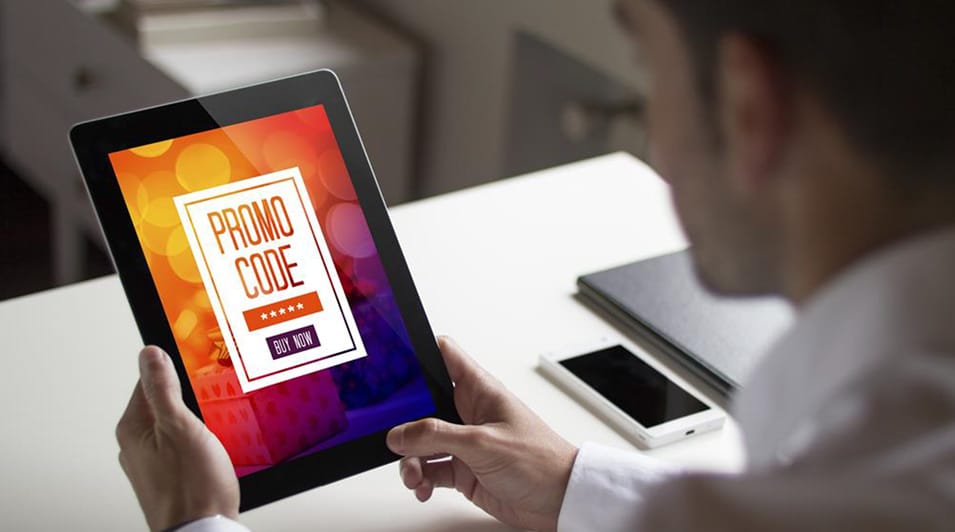At the risk of stating the obvious, reward programs work better if we can convince our members to not only earn, to but take the rewards on offer. Members who do not earn rewards, or worse, those that earn them and then do not claim them are unlikely to consider the program when they are deciding whether to buy from you instead of your competitors. Put simply, "He's just not that into you ..."
By Tim Tyler, CLMP, Managing Partner, Ellipsis & Company
Our benchmarks (50+ programs over 15+ years) show that members who do collect their rewards ('redeemers') are consistently more valuable than non-redeemers even if all other aspect of their behaviour are identical, so redemption matters to the success of the programs.
Loyalty programs work if they engage members, make them consider the program; before they select the flight, choose the grocery store, pull in the petrol station, or pharmacy store ... and reward redemption is a good indication that the program is causing this consideration. There is plenty of evidence that this consideration increases after members receive a reward.
Its worth noting that engagement with the program is the critical measure of the program effectiveness, and whilst reward redemption is one strong indicator, its not the only one. We recommend program operators implement some form of member engagement scoring. Consider interaction, social media activity, share of wallet of your brand - a range of facts & behaviours that indicate engagement.
Why is engagement important?
Because low engagement members who are equal in other respects n your program are a valid control group against which to measure your Return on Loyalty. For example, you can use non-redeemers to measure the sales and retention lifts you are receiving from your budget, contrasting them to redeemers in a classic 'control vs test' approach. The minimises self-selection bias and allows you to safely attribute results to the program.
(to read the rest of this article, download the entire white paper here.)



